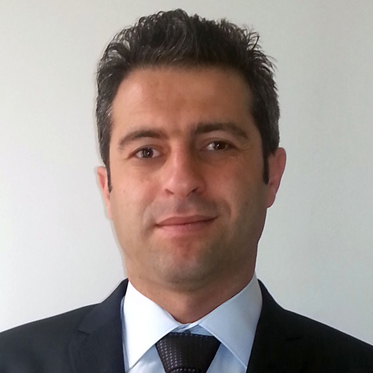Syrian Kurds plan second local elections for federal administration.
QAMISHLO, Syrian Kurdistan (Kurdistan 24) – Officials in the Kurdish-led administration in northern Syria on Thursday said they had begun preparing for the second local elections, a move toward consolidating a federal system in their regions.
A member of the Election High Commission in Syria’s Kurdish-led administration told Kurdistan 24 there would be seven lists for the municipal vote for Federal administration in northern Syria.
The lists represent the political factions in the region. One is called the Democratic Nation—which includes 18 political parties.
The first round of elections was held in September for bodies running local communities, and in December for bodies running larger areas.
Moreover, elections for the entire region of Syrian Kurdistan (Rojava) will be held in January.
However, officials of Syria’s Kurdish National Council (ENKS), an opposition coalition against the current administration whose main party is the PYD, view the election as illegal.
They claim the vote to establish a federal system has only been accepted by one political party.
Additionally, Turkish groups in northern Syria have tightened their grip on self-governing regions since the civil war began in 2011, and recently established a military base in Idlib Province that is controlled by Islamic groups.
Turkey is on alert regarding Kurdish autonomy in Rojava fearing Kurds in its southeast will pursue similar dreams of formal self-government.
Ankara considers the Kurdish People’s Protection Units (YPG) an offshoot of the banned Kurdistan Workers’ Party (PKK) who are waging an ongoing battle against the Turkish government for broader Kurdish rights.
Meanwhile, Syrian President Bashar al-Assad has allowed Kurds to control parts of the country in the north, but states he is against the “decentralized federal system” and says Rojava’s ruling councils are “temporary structures.”
Editing by Karzan Sulaivany
(Additional reporting by a Kurdistan 24 correspondent Lava Asaad from Qamishlo)
